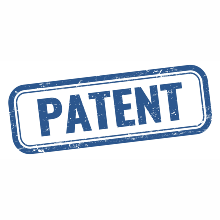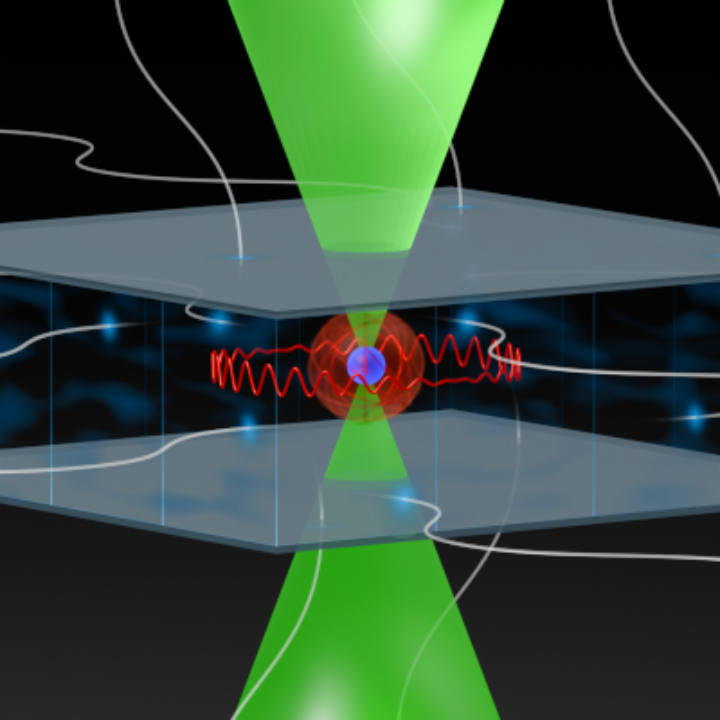Patents that push neutral atoms platforms
In ‘The Quantum Land', a team of researchers is working on the realization of a quantum computer based on neutral atoms and the development of quantum simulators 'made in Stuttgart'. Group leader Dr. Florian Meinert, based at the 5th Institute of Physics of the University of Stuttgart, is pleased to announce a groundbreaking step in the development of quantum computing technology. He and his team have filed a patent application for a whole set of important building blocks for future quantum computers, including a method for special optical tweezers for individual atoms, a vacuum-compatible electric field control and a novel concept for the realization of a fast qubit.
Promising quantum technologies
Taken together, these innovative technologies promise to break through the limits of current computing power and usher in a new era of quantum computing. Optical tweezers make it possible to precisely manipulate many individual atoms and place and move them in specific arrangements, enabling a new class of algorithms. Vacuum-capable electric field control enables error-free work with highly excited Rydberg atoms, while the new qubit concepts form the basis for the storage and rapid processing of quantum information.
Significance of quantum innovations
Prof. Dr Tilman Pfau, director of the 5th Institute of Physics at the University of Stuttgart, emphasizes the importance of these innovations: "Quantum computers promise to solve complex problems, for example in materials science, that are beyond the reach of conventional computers. Although a lot of basic research is still required to achieve this goal, we have made significant progress towards more powerful quantum computers by developing highly dynamic fields of optical tweezers, special vacuum cells and novel concepts for neutral atomic qubits."
Advancing technology readiness
The patent application marks a significant milestone in the research on the quantum computer of the future." The patent has been categorized as TRL 3," says a delighted Florian Meinert. "TLR stands for 'Technology Readiness Level'. A scale of 1 to 9 is used to assess how far a technology has progressed. TRL 3 means that we have provided proof of the functionality of our technology package and that it is expected to be ready for the market in around 5 - 13 years."
The University of Stuttgart works closely with the Technology Licensing Office (TLB) in Karlsruhe to commercialize and license promising technologies. In cooperation with scientists and industry partners the TLB aims to fully exploit the potential of these technologies and pave the way for new applications and innovations. Interested research institutions, investors or companies are cordially invited to get in touch with the TLB team to find out more about the possibilities of collaborating and licensing these promising technologies.
For further information please visit
Publication
Unnikrishnan, P. Ilzhöfer, A. Scholz, C. Hölzl, A. Götzelmann, R. K. Gupta, J. Zhao, J. Krauter, S. Weber, N. Makki, H. P. Büchler, T. Pfau, F. Meinert
Coherent Control of the Fine-Structure Qubit in a Single Alkaline-Earth Atom
preprint at: arxiv:2401.10679 (2024)
| Contact | Dr. Florian Meinert |
|---|



